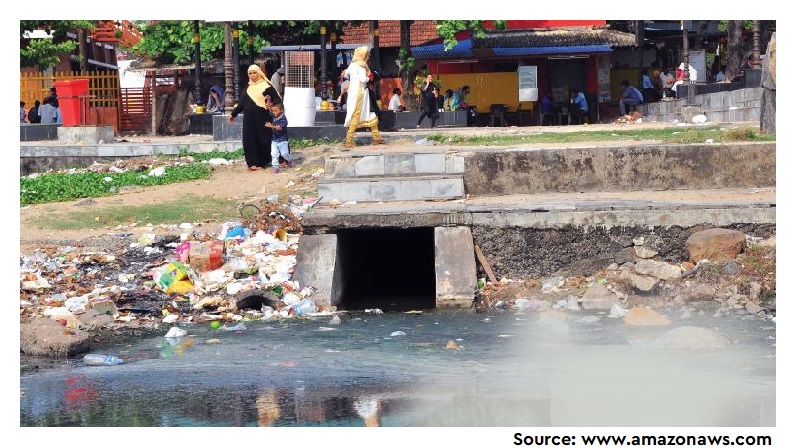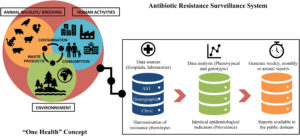The use of antibiotics on a regular and excessive basis is a major factor in the spread of antibiotic-resistant bacteria. Patients discharge un-metabolized or relatively low doses of non-metabolized antibiotics through urine and stool, which might enter into the environment through sewage disposal and promote the emergence of antibiotic resistant bacteria. This study is designed to investigate how excessive use of antibiotics in the hospital sector and their release into hospital wastes contribute to the spread of antibiotic-resistant bacteria in different environmental settings. The total number of cefixime resistant bacteria decreased with the increase in distance between the sample collection site and the hospital drain. This means that resistant bacteria developed in the hospital effluent are transferred to the environmental distribution sites.
For more information, please visit the website of Sage Journals (Link).







